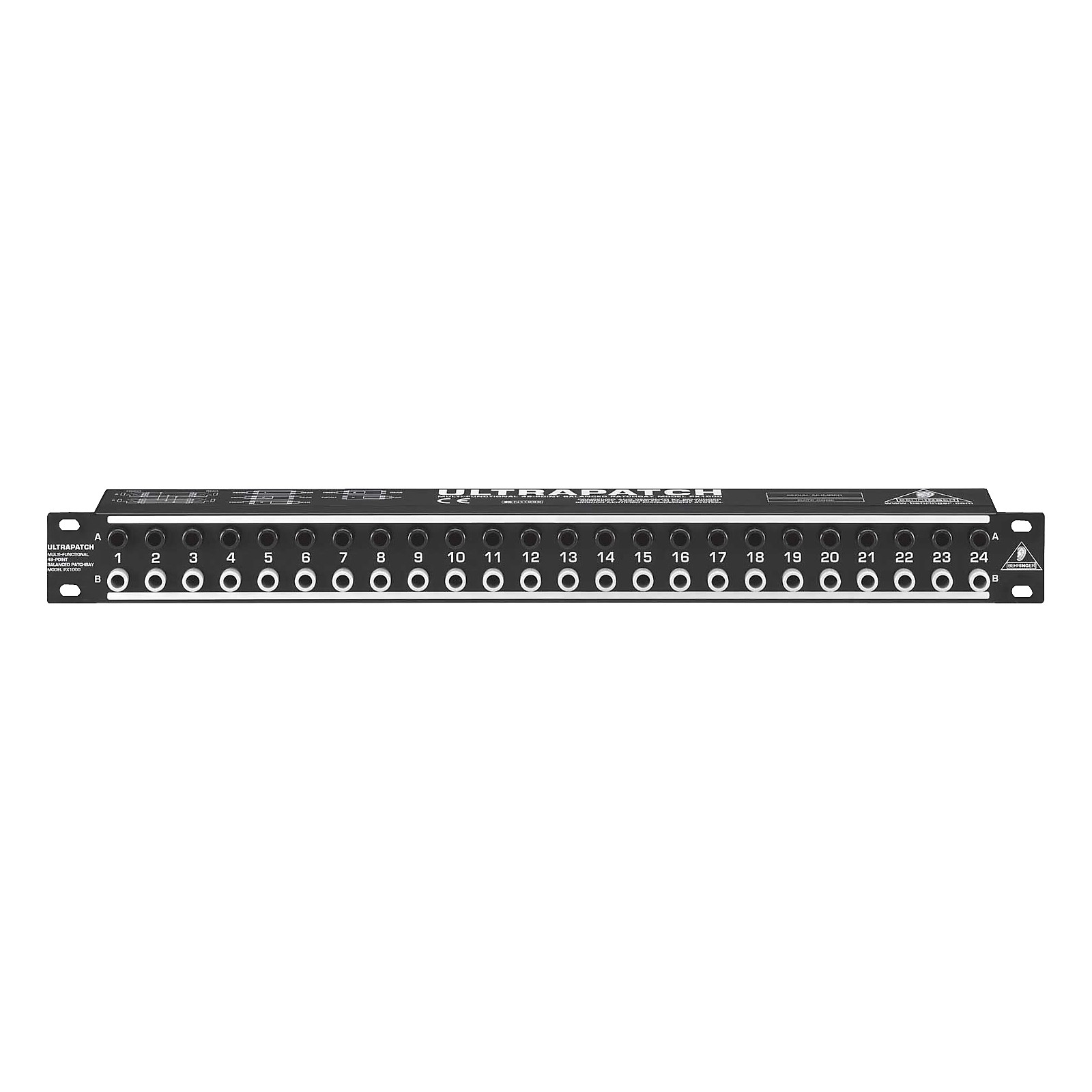

Which one as master/slave? Depends on how “good” the clock is.

This is achieved by connecting a word clock cable between the word clock OUT of what you designate as the master to the word clock IN of the slave device, and selecting Word Clock slave on the Slave!!. THe way to avoid these clicks and pops is to make 1 device a master, and the other a slave. This is because they are clocked independently. Ie both are clock MASTERS, you will definitely hear clicks and pops over time. If you have, for instance, your Motu AV, connected to a digital mixer, and they are both running on internal clock, If you want to integrate more than 1 digital audio device in your system, you will need word clock. Just want to make sure you’re aware of the difference between word clock and midi clock… With MIDI, a couple of drum machines synced to it, and a bunch of MIDI synths (some of which were not even synced, but with approximate tempo set internally). The MC-4 was awesome (I still have one packed up, and in decent condition too!) which didn’t even have MIDI, and some of the follow up ones, like MC-500 (also have one of those in box, as a matter of fact). (Though there were problems frequently.) Back then there were no “computer” sequencers, only hardware sequencers. Like I said, and to add to JMCecils comment about the clock, it was included on our live performances. Many companies have created possibilities, but none that stuck, like MIDI. Of course, nowadays EVERYTHING is included in the “musical instrument digital” part, and the “interface” piece is stuck in the past and there really is no viable alternative. Yeah, MIDI is one of those interfaces that was created from the concept of this-should-be-enough. At least I’m gathering some information here now on what things can be done when the time comes that my midi is scewing me Some devices just don’t play nicely with others!Įlektro, I guess it sounds like ‘it all depends’ with this stuff. They are summed by MIDI mergers (this can be a little trickier depending on the devices) and those are routed to the Midex8. The same thing goes for keyboards, drum machines and other controllers coming in. So essentially all of my equipment is constantly connected, and available with simple commands or via button pushing.
#16 channel midi patchbay Patch#
Each of the out ports from my Midex8 goes directly into a MIDI patch bay (with 16 ports in and 20 ports out) and each out port from there is connected to a 1/4 splitter box (small and very fast). I use several MIDI splitters (one port is split into more ports, exact copies of the original) so that each device gets their own cable. That ought to give you an idea of what you are facing in terms of timing.

It’s variable because o other messages, e.g. Technically you can send 3,125 bytes per second on a MIDI cable (that is the speed a MIDI interface) and considering that the typical MIDI message is 3 bytes, it can more or less send one message per millisecond.
#16 channel midi patchbay full#
The only thing I’m use is Velocity…no other intentional perameters.īut maybe if other things in the way of midi automations etc, would limit a full 16 channels? Me, I’m not using many midi messages (not that I know anyway). I’m in the proccess of putting this to the test…that is piling up the midi channels…I just ran out of time to get a few more or so midi tracks to the full 16. So far so good…though my machine froze and had to be restarted…but that’s happened with far less too, so not sure if a lot of midi tracks & high channel count was the issue.īut I read the other night, that in order to relieve midi conjestion of a single cable & midi port…multiple ports are sometimes used with more midi cables…each carrying a limited number of midi channels. Until the other day, the most midi channels I’ve send down a single cable has been maybe 5 tops! And that figure wasn’t met until a couple/few months back.Īs of last night, I think I had about 13 or 14 midi tracks all sending on a corresponding channel. …at least in your experience Ok, I know that 16 midi channels is the ‘maximum’ … but I’m talking ‘reliably’.


 0 kommentar(er)
0 kommentar(er)
